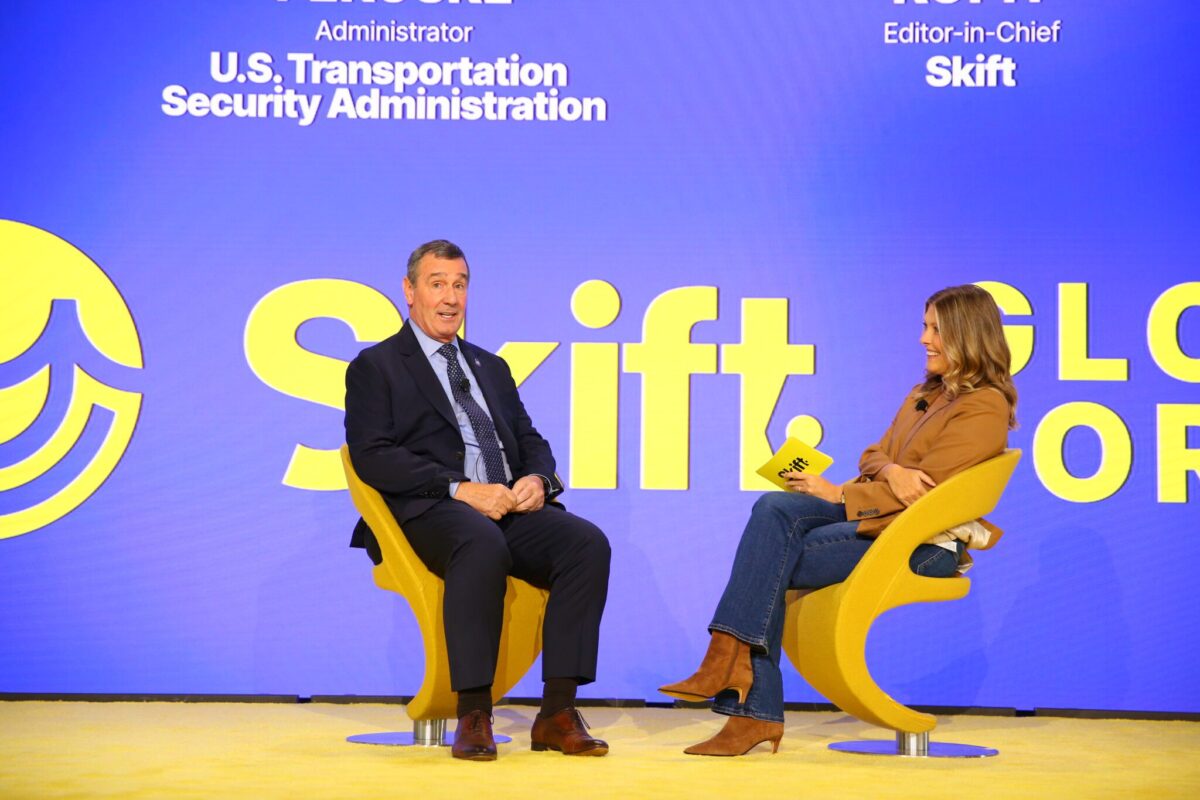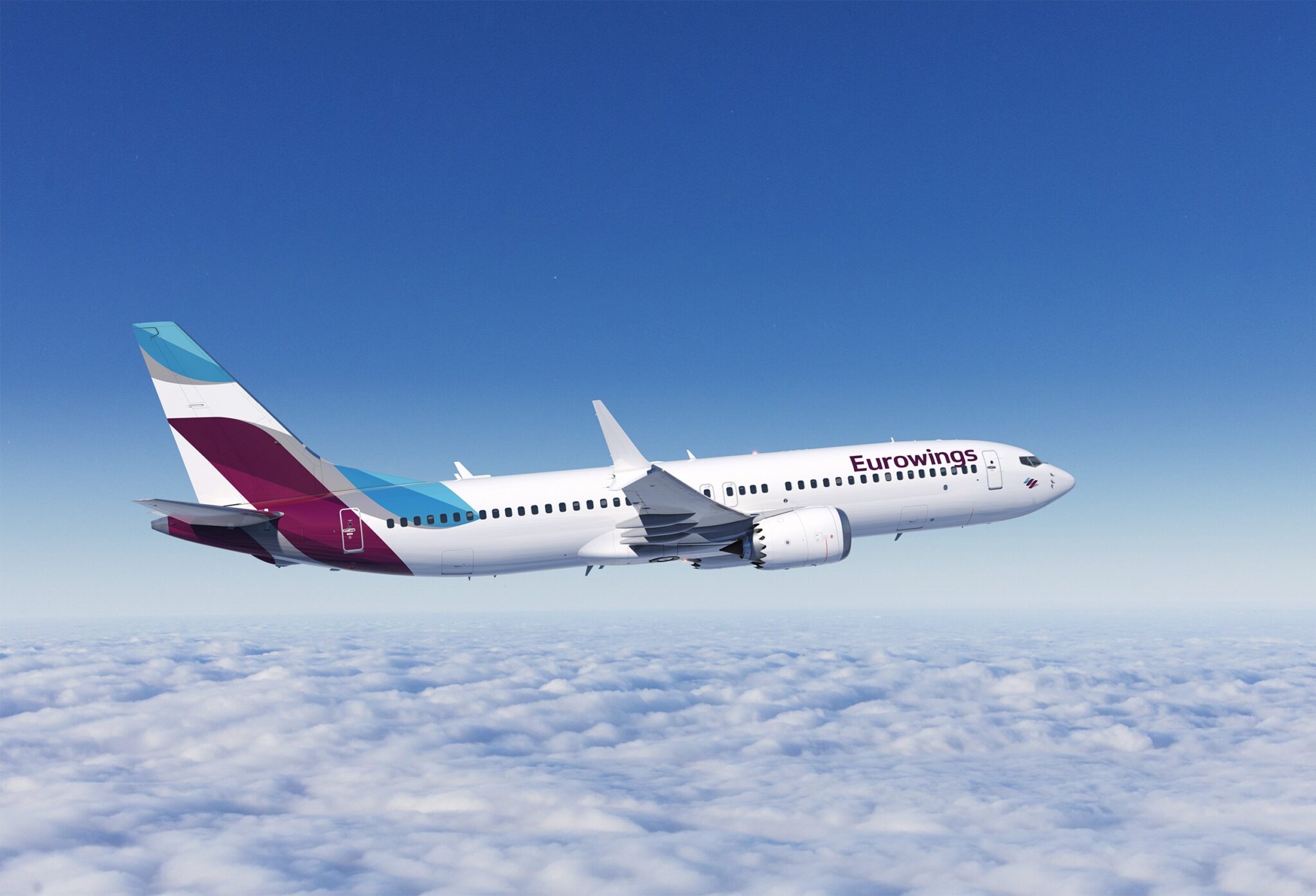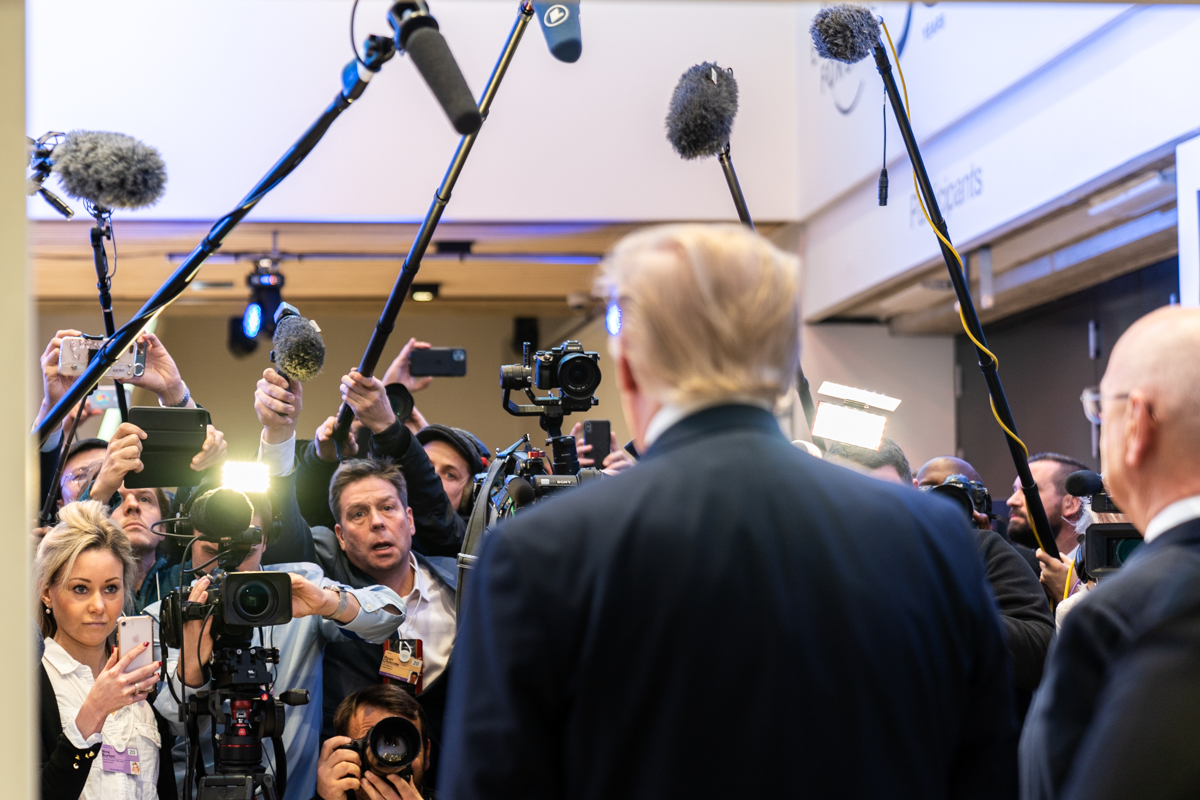Lufthansa Group CEO: Electronics Ban Would Be a 'Mess'
Skift Take
It seems like every day there is a new report on an imminent electronics ban on laptops and tablets in airline cabins, but one thing is for sure: Global airlines are preparing for the worst.
At an International Aviation Club luncheon in Washington, D.C. on Wednesday, Lufthansa Group CEO Carsten Spohr gave some insight into the prospects of a wider ban and what it means for airlines across the world.
Spohr, who has overseen the expansion of Lufthansa's low-cost Eurowings brand and presided over the company's controversial imposition of a global distribution system booking surcharge, said that conversations are still ongoing between security officials and global airlines.
"Security is for governments, safety is for [the airlines]," said Spohr, making a distinction between the need to prevent a terrorist attack and the dangers risked by placing hundreds of devices with lithium-ion batteries in the aircraft hold, where they could possibly combust.
"If it happens," Spohr said, referring to a wider ban, "the industry is prepared, but it's going to be a huge mess... I think it was close that it would have happened a few weeks ago [sic]."
From Lufthansa's perspective, the dialogue between airlines and security officials in both the U.S. and Europe is a positive step forward to encourage collaborative action and help airlines provide better service if a ban takes place.
While Middle Eastern airlines affected by the initial ban have come up with clever ways to cope with it, from providing white glove service for checking in devices to loaning screened laptops and tablets to flyers already onboard, the scale of the biggest global airlines would make it hard to institute similar solutions.
"Everyone I talk to now tells me that there's a very full dialogue," said Spohr. "I think people are now engaging so we can find the best solution. Of course we in the industry are not prepared to trade security for safety. Batteries in the belly, as we know, could have been a much bigger threat than the other one, which we take quite seriously."
He continued that behavior detection technology, which is more advanced than some other security screening methods, could be used at the gate to single out potential threats without requiring flyers to leave their laptops at home or check them before entering security.
Unfortunately for airports and airlines, any ban would likely be extremely disruptive to normal operations, according to Spohr. The industry is simply not prepared to cope with the extra step of screening for laptops and checking them in, which is bad news for flyers.
"I think in the end, [the ban] probably has to be global," said Spohr of the intelligence assessment. "I don't understand why it's more dangerous to bring a laptop in the cabin to the U.S. and back. We want a smarter solution, not just a solution."




